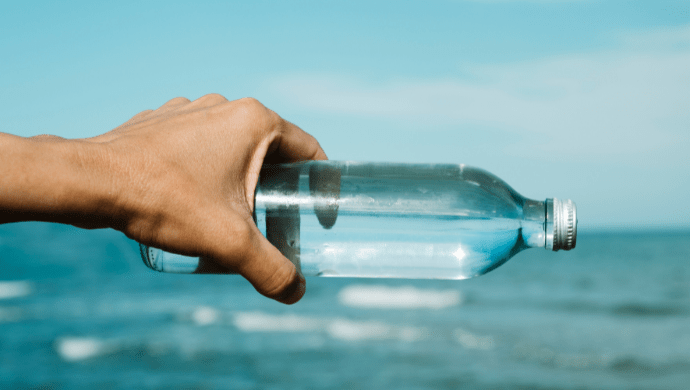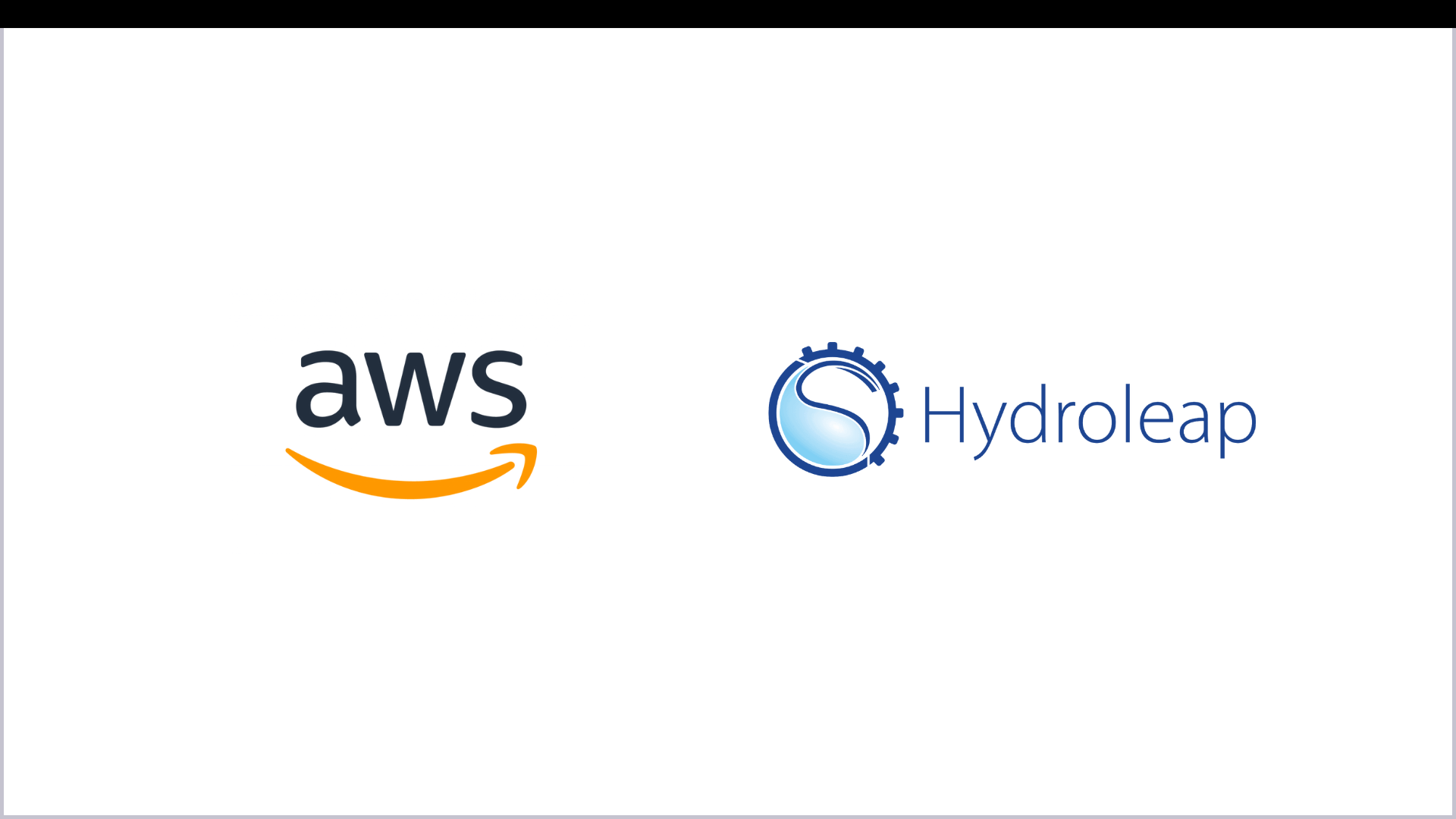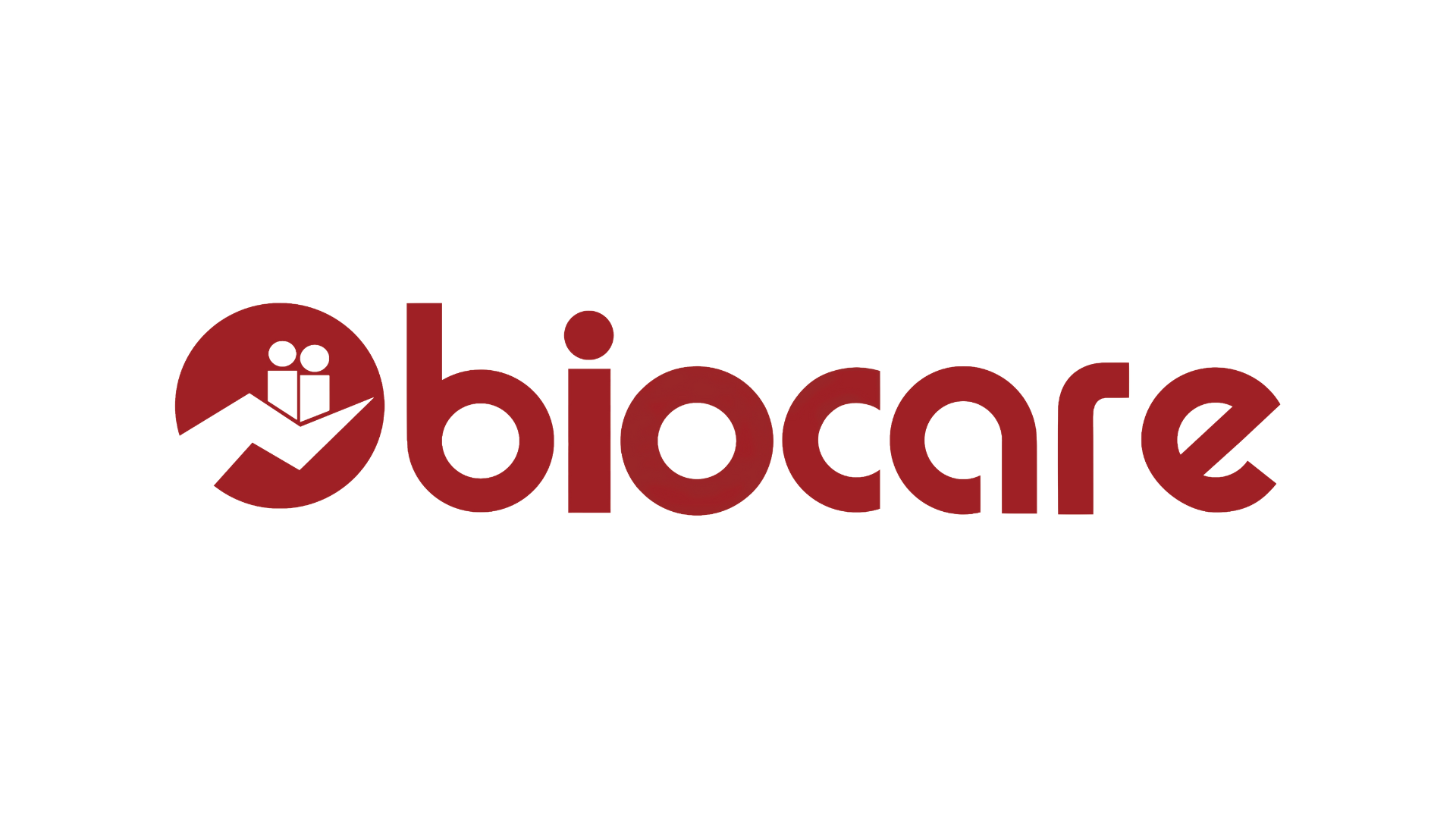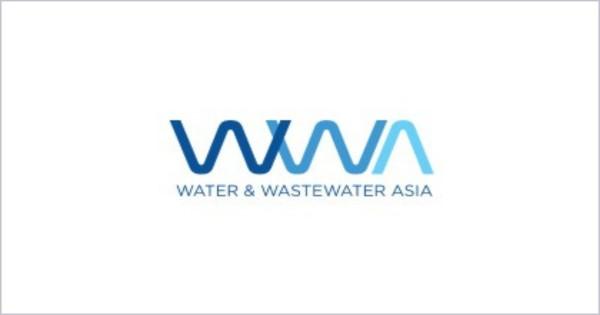
Excerpt from the Full Article
It was late 2016, just after the United Nations Climate Change Conference in Marrakech, when I launched Hydroleap to reimagine the way people look at wastewater and the ways to treat it.
The caravan of ideas that had been brimming in my mind and underworks for a while was ready to hit the road. What I had was a vision to drive water sustainability and an intricate understanding of the immense opportunities that technology can create to propel the water treatment industry from its dinosaur-age practices.
The most exciting part of the first phase of my journey was bringing the lab research at the National University of Singapore into the real world. Since Singapore became an independent republic in 1965, water has been a national priority because of its tiny land mass and lack of freshwater resources. The World Resources Institute ranked the country among the most vulnerable to water stress along with the arid states of Bahrain, Qatar, and Kuwait in 2015.
With a population of over 5.6 million people and a booming industrial sector, Singapore’s water demand continues to rise. Recycled wastewater can provide for 40 percent of Singapore’s water demand which is expected to increase to 55 percent by 2060.
However, with climate change and geopolitical uncertainties, achieving greater water self-sufficiency becomes imperative. The tiny city-state targeting world dominance has been focused on the self-sufficiency of water and has been regarded as a poster child for effective wastewater management over the years.
Recognizing the urgency to secure a sustainable water supply, Singapore has invested heavily in pioneering water management strategies. Further, Singapore’s success in water management has been driven by its commitment to collaborative innovation.
By fostering partnerships between the government, industry stakeholders, and research institutions, the nation has transformed its water landscape. Such alliances facilitate the exchange of expertise, drive technological advancements, and expedite the implementation of novel treatment solutions.
To see how Hydroleap harnesses industrial wastewater treatment for self-sufficiency, read the full article on e27 here.
About e27
e27 is a media company that connects startups and tech ecosystems in Asia. Founded in 2006 by Mohan Belani, e27 has grown to become one of the most trusted sources of information and insights for the region’s tech community. The company’s website and newsletter provide news, analysis, and commentary on the latest trends in Southeast Asia’s tech industry. e27 also hosts a number of events, including conferences, meetups, and hackathons. These events provide a platform for startups to connect with investors, partners, and customers.
In addition to its online and offline presence, e27 also offers a number of tools and resources to help startups succeed. These include an investor database, a job board, and a mentorship program.
Their mission is to empower startups to build and grow their businesses. The company believes that by providing access to information, connections, and funding, it can help startups achieve their full potential.


